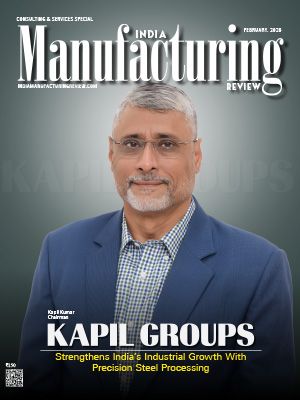
India Boosts Semiconductor Push with New 3nm Chip Design Hubs
- India opens first 3 nm chip design centres at Noida and Bengaluru under Renesas.
- Learning kits rolled out to 270+ institutions to bridge design and hardware skills.
- HCL-Foxconn OSAT JV and L&T fab plan step up India’s manufacturing footprint.
India has officially stepped into next-gen semiconductor design territory with the launch of its first 3 nanometer (3 nm) chip design centres located in Noida and Bengaluru, launched by Renesas Electronics India. Launched by Union IT Minister Ashwini Vaishnaw, the opening of these facilities places India in the company of other elite chip-design nations who operate at 3 nm, whilst surpassing previous milestones at 5 nm and 7 nm.
These centres form part of the entire semiconductor ecosystem the government is developing under the India Semiconductor Mission (ISM), which carries a price tag of ₹76,000 crore. It caters to entire value-chains from design to ATMP (Assembly, Testing, Marking & Packaging) and included investments into necessary supply infrastructure as chemicals, gases and fabrication tools.
To create industry-ready human capital, India announced a Semiconductor Learning Kit that will be distributed to more than 270 academic institutions that already have Electronic Design Automation (EDA) tools provided by ISM, with the idea of combining software and hardware learning for the engineering graduates.
Also Read: India to Make First Commercial Chip Using IIT-developed Designs
Minister Vaishnaw commented on HCL's and Foxconn's proposed ₹3,706 crore (~$435 million) joint venture in Uttar Pradesh, which was approved by the Union Cabinet, and is expected to produce display driver chips with a 20,000 w/m and 36 million chips per year by 2027. The clothing of confidence by global leaders like Applied Materials and Lam Research as they announce investments in the Indian semiconductor ambitions speaks volumes. One cannot forget the operational centers in Noida and Bengaluru which are expanding to Hyderabad.
Simultaneously, Larsen & Toubro's fabless chip startup, L&T Semiconductor Technologies (LTSCT), is gearing up for a $10 billion fabrication plant by 2027, depending on the revenue hitting the milestone each year. The government semiconductor incentive scheme is likely to fund to 90% of capex.
The semiconductor momentum comes on the heels of India's push to grow its domestic semiconductor market from $38–50 billion in 2023 to over $100–110 billion by 2030 to capture a significant share of the $1 trillion global market.




.jpg)
.jpg)

